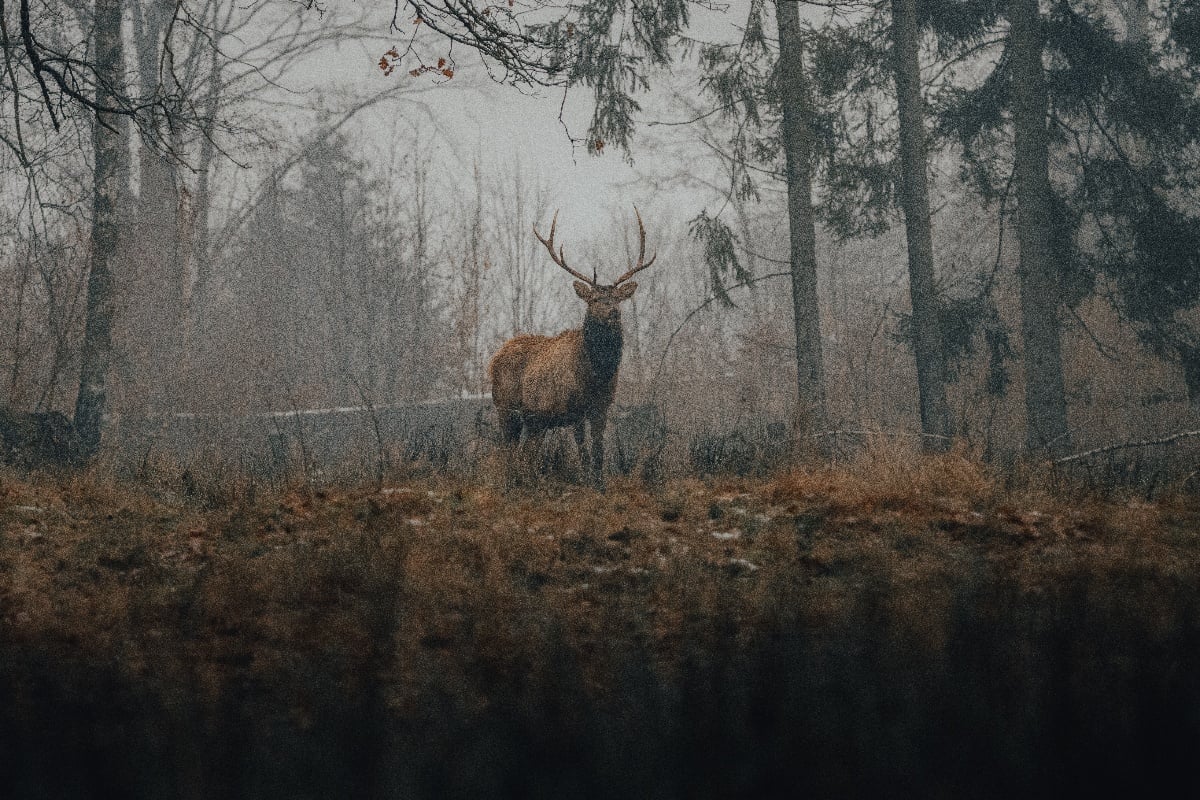The ecosystems of Africa are home to a variety of landscapes, from luscious rainforests to sprawling deserts and savannas.
As a result, many different ecosystems can be found throughout Africa, each with its own plant and animal species that are adjusted to a certain climate and type of environment.

Why do the ecosystems of Africa matter?
The sustainability of development and human well-being in Africa are supported by terrestrial, freshwater, and marine ecosystems and their biodiversity. Also, Africa is home to some of the world's most distinctive ecosystems. For instance, the Congo Basin Forest, which has more than 60 billion metric tonnes of carbon, is one of the most priceless ecosystems in the world. This is greater than the combined size of all the tropical forests in Asia and the Amazon. Unfortunately, many ecosystems in the area are suffering from significant degeneration, which is impairing or disrupting ecosystem functions and services as well as causing a loss of biodiversity.
Dense tropical rainforests in Africa
Dense tropical rainforests cover large parts of central and western Africa. These are supported by a diverse range of different tree species, ranging from tall giants that provide the forest canopy, to small plants growing close to the forest floor.
A vast number of different animal species benefit from the rich floral diversity, and feed from the trees and plants some even use the trees for their habitat.
This incredibly diverse ecosystem thrives due to the extremely high rainfall amounts and the continued high temperatures.
Savanna ecosystem
More than half of Africa’s land surface is covered in savanna – vast regions of grassland, shrubs, and scattered woodland that mostly lie to the north and south of the main rainforest region, and in east Africa.
Tree species include thorny acacias and the giant Baobab. Despite this, much of the savanna ecosystem manages to attract a great variety of wildlife, with 500 bird species in the Serengeti region alone.
A wide range of mammal species, including lions, elephants, zebras, and wildebeest, also thrive here, and often move across the savanna during the dry season, searching for sustenance.
Two vast desert areas are located in Africa:
- The Sahara.
- The combined Namib-Kalahari Desert.
Facts about ecosystems of Africa
Incredibly low rainfall and extremely high temperatures result in ecosystems with low diversity few plant and animal species are able to withstand the harsh desert conditions.
Plants either have roots that reach down into a constant supply of groundwater or other aquifers, trunks that store water over a long period of time, or bloom immediately after any rare rainfall.
Compared with other African ecosystems, the diversity of wildlife and total biomass is far lower; any animal species are able to withstand the harsh desert conditions and feed off of the limited vegetation.
Conversely, a wide range of animal species, including fish and marine mammals, thrive in the warm seas that surround Africa.
For example, the coastal waters of East Africa harbour high numbers of species of fish, cetaceans such as whales and dolphins, and at least 40 classes of corals, amongst countless other animal species.
Furthermore, coastal forests also tie in with the marine ecosystem; large mangrove forests grow in shallow intertidal areas, providing support for coral reefs by filtering and cleaning the water and acting as a habitat for many fish, invertebrates, and bird species.



